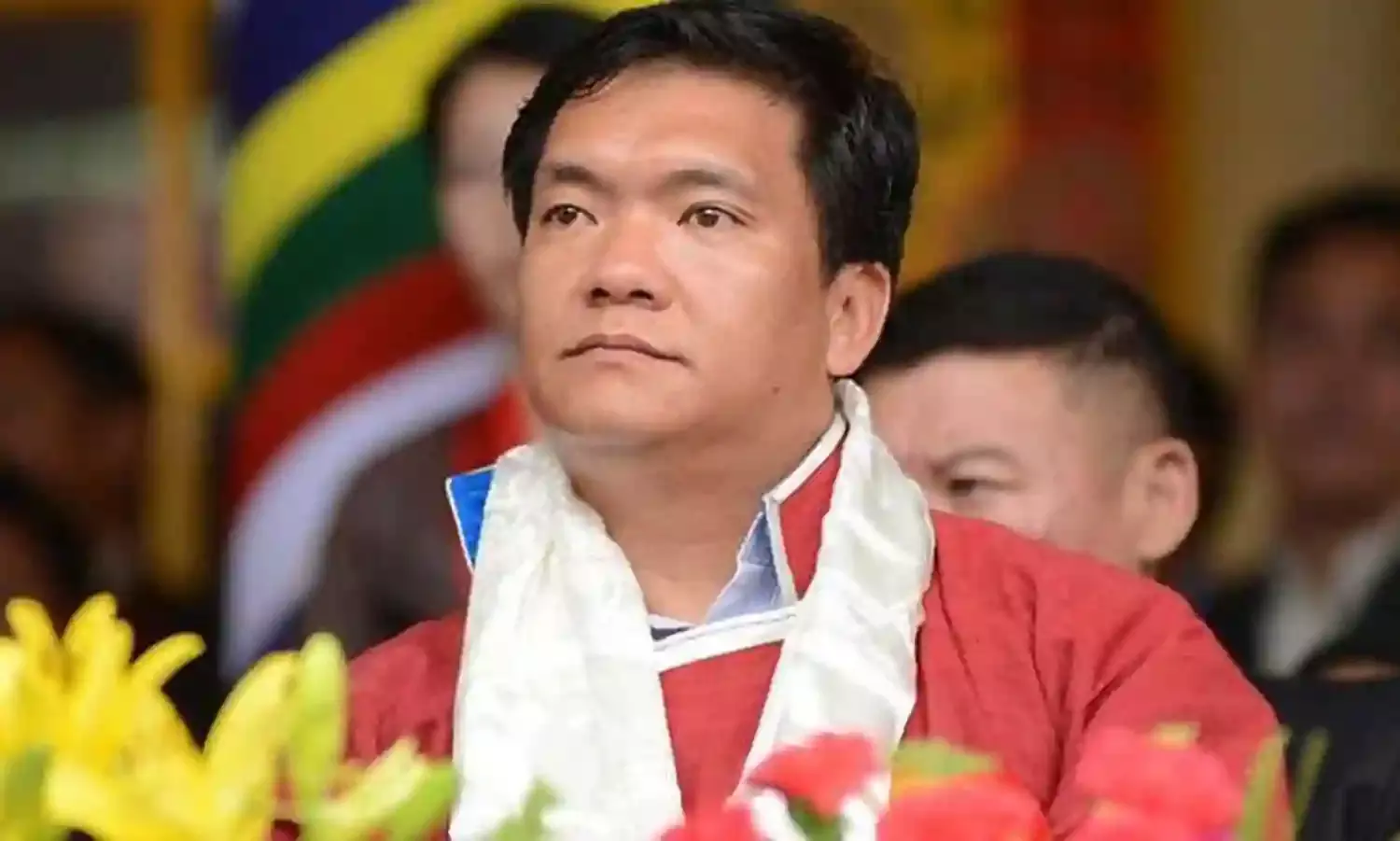Indigenous Councils: Not Playing Divisive Politics, Says Arunachal CM
Growing demands for constitutional protection

ITANAGAR: Arunachal Pradesh chief minister Pema Khandu today gave a detailed history of the demand for the Mon and Patkai Autonomous Councils as he tried to deflect allegations that his government is promoting divisive politics in the state.
Ever since it became public knowledge that the Mon Autonomous Region Demand Committee met on July 29 and pressed the CM to expedite the creation of the autonomous council, Khandu has faced criticism from various organisations and a severe backlash online.
Reacting to those criticisms, Khandu said on August 5 that demands to create these autonomous councils have been made since 2003, and were cleared by previous state cabinets.
Listing a chronology of demands for both Mon and Patkai Autonomous Councils, Khandu said it was “important to know the history”.
He said that in December 2003 the cabinet of Gegong Apang (then with the BJP) agreed to table a resolution in the assembly to create the autonomous councils, which was done on 16 February 2004 by home minister James L Wanglat.
With queries and responses sent back and forth between state and centre, the issue slowly died down till being picked up again by Nabam Tuki’s Congress government in 2013.
In 2014 the Union Ministry of Home Affairs sent a delegation headed by joint secretary Shambu Singh to meet with members of the demand committee, officials of the district administration, and panchayat leaders.
Until recently, the demands had lost steam.
It was two years ago that members of the Mon Autonomous Region Demand Committee (MARDC) called for the process to be fast-tracked under the Sixth Schedule of the Constitution.
The Sixth Schedule provides for the creation of autonomous councils in designated tribal areas of Assam, Meghalaya, Tripura, and Mizoram under Article 244.
Responding to the criticism he has been receiving lately, Khandu said he might be an MLA from the region but is also chief minister of the state. He must honour people’s demands but also respects people’s objections.
The CM called for further discussions on the issue, especially amongst the MARDC and the Arunachal Indigenous Tribes Forum, and other organisations.
He said he is not a constitutional expert, and proper consultations would have to be held before moving forward.
The creation of autonomous councils in Arunachal Pradesh would be unusual considering the state does not come under the purview of the Sixth Schedule.
There are territorial councils in a few areas not falling under the Sixth Schedule: the Ladakh Autonomous Hill Development Councils in Leh and Kargil, and the Gorkhaland Territorial Administration in Bengal.
Calls have been made in both regions to bring them under the Sixth Schedule in order to strengthen the councils.
During a detailed press conference today after his return from Tawang, Khandu said there is a need to amend the State of Arunachal Pradesh Act of 1986.
Unlike its neighbours in the region, Nagaland and Mizoram, indigenous tribal groups in Arunachal Pradesh do not have the same constitutional protection over the land and its resources.
While the Bengal Eastern Frontier Regulation restricts land ownership and entry into the state, the vulnerable indigenous communities here do not have any other protections.
Calls have been made in the past as well to bring the state under the ambit of Article 371A which governs Nagaland.
Arunachal Pradesh currently comes under the ambit of Article 371H which only provides special administrative powers to the governor.



